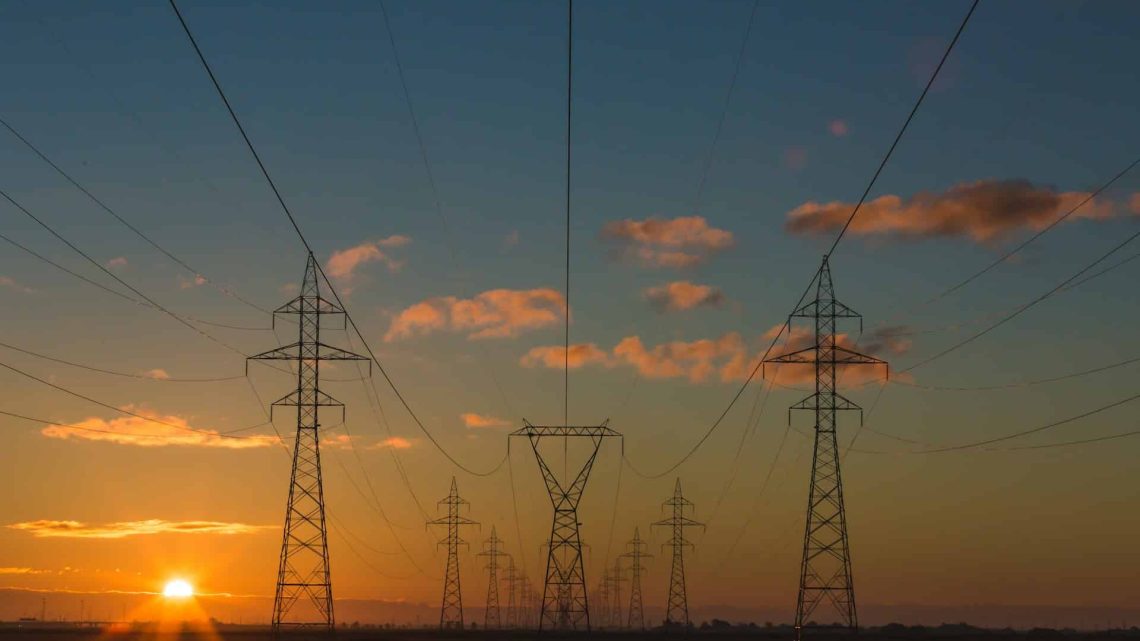
The Severe Energy Crisis in IIOJK amid Maladministration
October 28, 2024The power crisis in Indian Illegally Occupied Jammu and Kashmir (IIOJK) has spiraled out of control, leaving residents dealing with frequent outages. Despite local electricity generation, much of it is siphoned off to Northern India.
This mismanagement has pushed the region into a precarious situation, particularly during the harsh winter months. When electricity demand peaks, the failures of resource allocation become glaringly obvious.
The Chenab River, crucial for major hydroelectric projects, is experiencing alarming drops in water levels. This decline directly affects power generation capabilities. The river holds the potential to produce 16,000 megawatts of electricity, yet it remains underutilized.
An official from the Baglihar power project lamented the impacts of fluctuating water levels. “In summer, we produce 900 megawatts at full capacity, but in winter, production drops to nearly half.” This stark reality reveals the challenges that residents face during colder months.
As local power generation dwindles, unscheduled outages become the norm. While the power produced is sent to the northern grid, the people of IIOJK are left in the dark. They endure the consequences of decisions made far from their homes.
The Power Grid Corporation of India boasts about alternative energy sources that supposedly mitigate reduced output. However, these claims ring hollow as power shortages continue unabated. The reliance on distant energy sources only adds to the frustration of the local population.
Residents are fed up with this ongoing crisis. They question why a region rich in natural resources is forced to endure such deprivation. The disparity between energy generation and distribution highlights a systemic failure that prioritizes external demands over local needs.
In Indian Illegally Occupied Jammu and Kashmir, the disconnection between power production and consumption is maddening. The people are caught in a cycle of energy deprivation while their resources are exploited for distant markets.
The current energy policies serve only to deepen the suffering of the local populace. Their pleas for reliable electricity fall on deaf ears as the crisis worsens. It’s a stark reminder that the voices of Kashmiris are often ignored.
The energy crisis is not merely an inconvenience; it is a blatant violation of the rights of the people. Access to electricity should not be a privilege but a fundamental right.
As the situation continues to deteriorate, the urgency for accountability and change grows. The people of IIOJK deserve better than empty promises and neglect.
In a region abundant with potential, it’s unacceptable that residents face daily challenges due to a lack of reliable energy. Their struggle is a testament to the urgent need for systemic reform and local empowerment.

